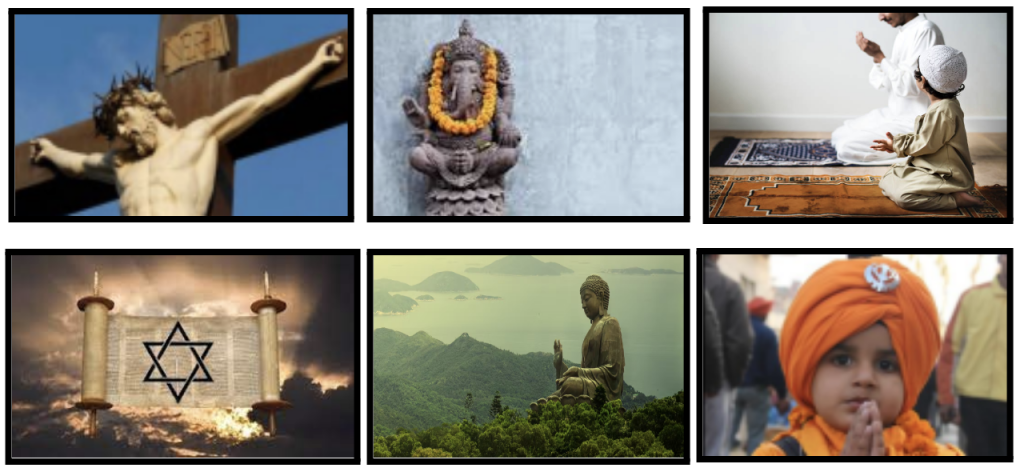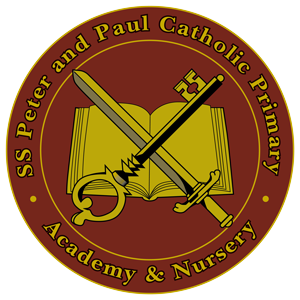Teaching about Other Religions

Within our curriculum we teach children about other religions, we draw comparisons and reflect on similarities. All Catholic schools are required to teach about other religions as part of the Religious Education curriculum but at SS Peter and Paul it is carefully planned and prioritised because of the diversity within our own school context and the city in which we work. It is an act of respect and courtesy that our curriculum helps pupils of other faiths to reflect on the nature of their own religious identity. As the Church says, “All children and young people [including those of other faiths in our Catholic schools] must have the same possibilities for arriving at the knowledge of their own religion as well as of elements that characterize other religions.” (Congregation for Catholic Education).
It is our intention to broaden and deepen children’s knowledge, understanding, tolerance and respect of these religions, along with our own faith. During children’s time at St Peter & St Paul they develop a knowledge and understanding of a range of different religions. This is delivered across all year groups. EYFS learn about multicultural celebrations throughout the year on a two year rolling programme and where appropriate. In Years 1 and 2 children develop their knowledge of Judaism and Buddhism. In Years 3 and 4 children study Hinduism and Christianity, and in Year 5 and 6 pupils go on to develop knowledge and understanding of Islam and Sikhism.
It prepares the pupils in our Catholic schools for life in modern Britain, giving them an understanding of the beliefs of others. This in turn will improve social cohesion and contribute to the common good by increasing mutual respect between those of different religions.
Our broad and balanced teaching about Religion and culture occurs not only through the teaching of Religious Education but also through assemblies. When children move on to secondary school they will be meeting children of all faiths and backgrounds and we promote an understanding and the British Values of tolerance and mutual respect to enable to them succeed in the future and develop strong links with a range of different backgrounds and beliefs.

